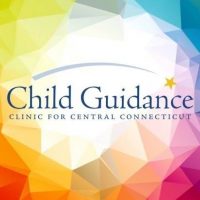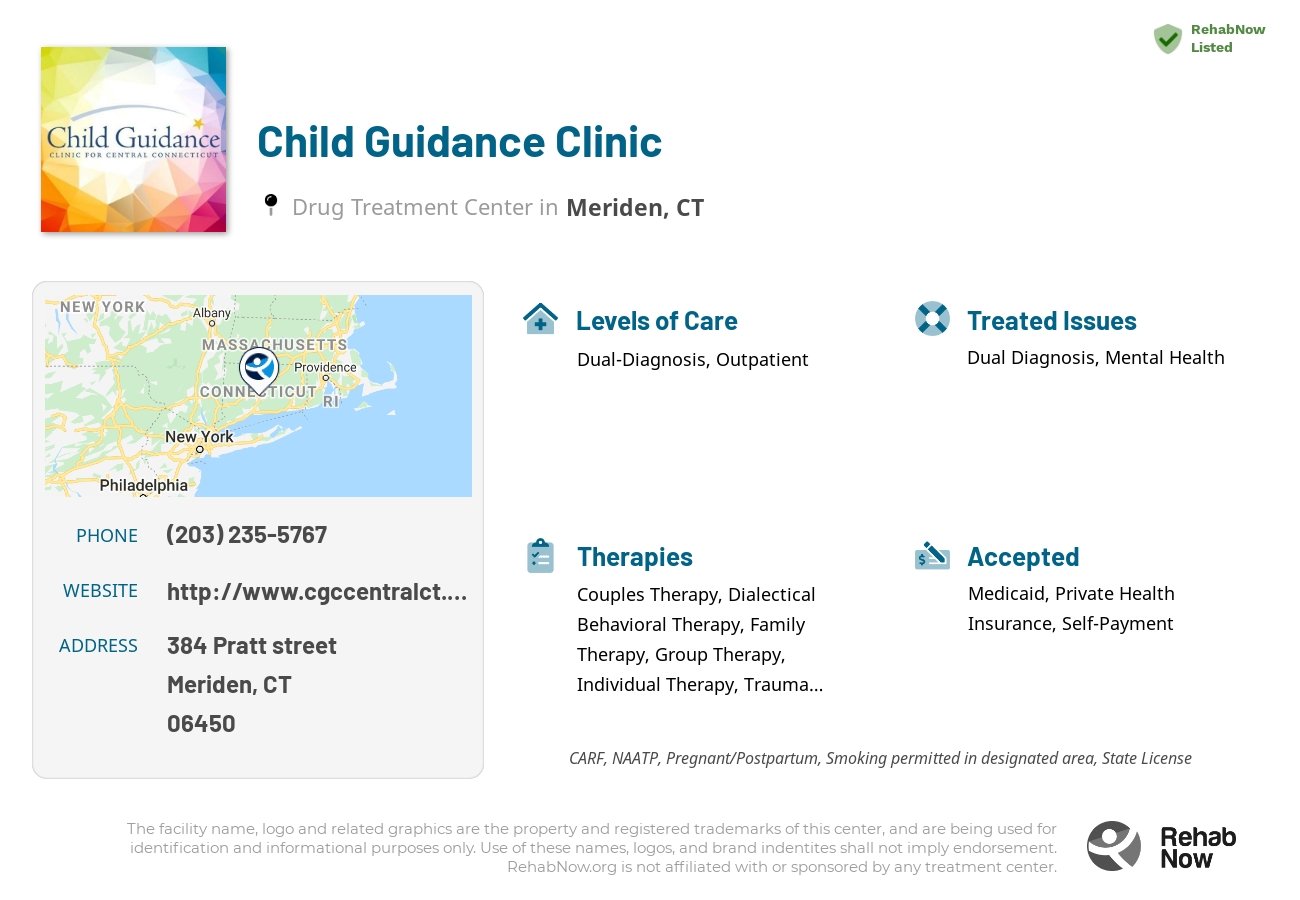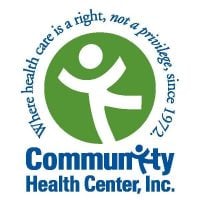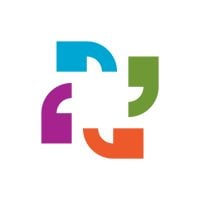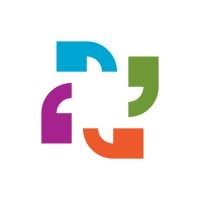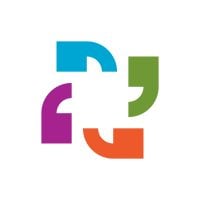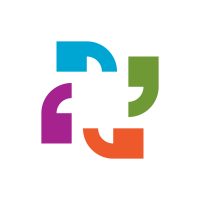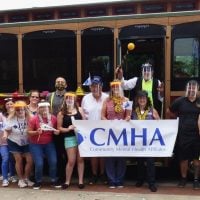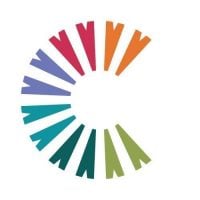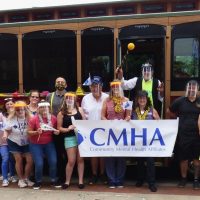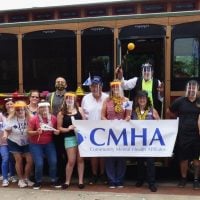Child Guidance Clinic
Drug Rehab Center in Meriden, Connecticut
Child Guidance Clinic in Meriden, Connecticut offers evidence-based, individualized treatment for mental health and substance use disorders, including addiction, with comprehensive care coordination, support groups, and educational programming.
About Child Guidance Clinic in Connecticut
Child Guidance Clinic of Meriden, Connecticut is a top-tier outpatient treatment facility that provides individualized behavioral health and substance use disorder services and supports. With a focus on evidence-based practices, their highly-trained clinicians use a person-centered approach to ensure that all individuals receive the most effective treatment and outcomes. They also offer comprehensive assessments and assessment-based treatment for a range of mental health and substance use disorders, including alcohol and drug addiction.
At Child Guidance Clinic, individuals have access to a range of addiction and substance abuse treatment services, such as individual, group, and family counseling, relapse prevention therapy, and trauma-informed care. They also provide comprehensive care coordination, comprehensive discharge planning, case management services, and medical services. Additionally, they offer support groups, educational programming, and court-mandated treatment services.
Child Guidance Clinic is accredited by The Joint Commission, an independent and nationally recognized accrediting body for the healthcare field. They also have an extensive network of community collaborations and partnerships, including schools, first responders, and courts. Furthermore, they are a proud recipient of the Meriden Chamber of Commerce's Business Achievement Award.
Genders
Ages
Modality
Additional
Conditions and Issues Treated
Recovery is not simply about stopping drug use. Recovery is working with addiction while recovering mental health issues that are fueling the addiction in the first place.
Levels of Care Offered
This center offers a variety of custom treatment tailored to individual recovery. Currently available are Dual-Diagnosis, Outpatient, with additional therapies available as listed below.
Outpatient treatment is considered the lower intensity level of addiction treatment. It’s ideal for early phase addiction or lower intensity addictions. It may include weekly sessions instead of daily. It may include weekly sessions instead of daily. Peer group support, 12-step programs, and individual counseling may still be involved but at a lesser frequency than an intensive outpatient program. It is a good choice for someone who doesn’t need to go through a medically supervised detox and who has a supportive home environment. It requires motivation and dedication to commit to the program without constant monitoring.
Therapies & Programs
Individual therapy involves one-on-one sessions between the patient and therapist. It provides patients with a safe environment to openly discuss personal and sensitive issues with the therapist. They find the therapist as someone they can trust. Individual therapy aims to identify the core issues that would have led the patient to substance abuse and address them effectively. The therapist can develop patient-specific customized solutions through individual therapy, which aids speedier recovery.
Couples therapy works with clients and significant others in a professional capacity to improve relationship dynamics. This can be helpful for addicts who are trying to marry the idea of recovery into their work, family, social lives – any aspect that has to do with relationships.
Through counseling sessions, addicts will have an opportunity to talk about their addiction with professional partners. These partners can offer feedback and advice on how to get sober while keeping healthy relationships intact. A good couples therapist will help addicts understand their part in an unhealthy relationship dynamic or find ways to deal with anger or resentment from significant others outside of the home.
Family therapy is a group problem-solving that aims to improve communication and relationships between the addict, their family, and sometimes friends. The main goal of family therapy for drug addiction is to create an environment where communication can occur without judgment, hostility, or blame. The therapist is with the family as they learn to communicate differently, especially with the addict when s/he is using. The family can learn to reduce their enabling behavior or rally together and support each other during tough times.
An addict’s family can play a vital part in helping them to avoid relapse because they can spot the warning signs and help them get back on track before it becomes too much of a problem. Family therapy is one of the most effective ways to help addicts stay on the path to long-term sobriety. When a drug addict decides that they want to try and get sober, it takes the support of every person they love to succeed. It can be incredibly difficult for loved ones to watch an addict go through the pain and suffering of withdrawal, but by being there with them and supporting them, they can help to make sure that the addiction never returns.
Groups typically involve meetings with other recovering addicts who can relate to one another’s experiences. They might meet in person or online and typically focus on the process of staying sober rather than overcoming a specific addiction.
In these groups managed by Child Guidance Clinic, addicts can build a sense of community and develop strong emotional connections with others who understand what they are going through. These beneficial relationships can help addicts overcome their cravings and prevent relapse at any point during the recovery process.
In general, trauma therapy is a clinical process that helps individuals deal with mental stress often caused by traumatic events. The therapist helps the person identify, understand, and work through the problem. This is done with the help of talking about it in group or one-on-one counseling sessions. Therapists use relaxation, role-playing, art, and music to help the person open up about what is bothering them.
There are many different types of trauma therapists, such as psychiatric nurses and counselors. Not everyone is a good candidate for this type of therapy; it is generally reserved for people who have recently experienced a traumatic event and struggle to get over it. It is often done for children, teenage victims of sexual assault, and war veterans.
Dialectical Behavior Therapy (DBT) is a type of therapy created in the late 1980s and early 1990s to help people with high rates of suicidal behavior. DBT helps people learn how to live a life that is no longer controlled by overwhelming emotions and urges. It is beneficial in treating drug addiction because it helps patients understand and cope with their cravings for drugs or alcohol rather than turning to those substances as a way of coping.
There is hope for people who are addicted to drugs and alcohol. Cognitive Behavioral Therapy (CBT) is the solution. CBT focuses on the underlying thoughts and behaviors that caused the addiction problem in the first place and may cause a relapse. This type of psychotherapy addresses negative feelings common in substance abuse disorders. It helps to change them by restructuring thought patterns. It’s about removing negative thoughts and providing long-term benefits while promoting self-awareness, self-control, and healthy ways to respond to negative thoughts. These sessions can be done by themselves or as part of combination therapy.
Payment Options Accepted
For specific insurance or payment methods please contact us.
Is your insurance accepted?
Ask an expert, call (888) 674-0062
Additional Details
Specifics, location, and helpful extra information.
Meriden, Connecticut 6450 Phone Number(203) 235-5767 Meta DetailsUpdated November 25, 2023
Staff Verified
Child Guidance Clinic Patient Reviews
There are no reviews yet. Be the first one to write one.
Meriden, Connecticut Addiction Information
Connecticut has a higher rate of substance abuse and addiction than the national average. The state ranks in the top 10 in the country for illicit drug dependence among those ages 18 to 25. In 2010, there were 9,211 people admitted to an alcohol treatment facility for alcohol abuse combined with a secondary drug. Connecticut ranked fifth in the United States of America for the number of fatalities involving drunk driving in 2014.
The most commonly abused drugs in Meriden, CT, are heroin, marijuana, methadone, crack cocaine, prescription painkillers, methamphetamine, and ecstasy. The number of heroin addicts has increased by 200% between the years 2002 and 2010. There are an estimated 1,400 young adults who have used marijuana in the last year alone in Meriden. Several drug addiction treatment programs are available in Meriden, Connecticut including residential rehab and outpatient rehab.
Treatment in Nearby Cities
- Mansfield Center, CT (34.2 mi.)
- Norwalk, CT (43.6 mi.)
- New Canaan, CT (45.8 mi.)
- Chicopee, CT (43.0 mi.)
- Groton, CT (39.1 mi.)
Centers near Child Guidance Clinic
The facility name, logo and brand are the property and registered trademarks of Child Guidance Clinic, and are being used for identification and informational purposes only. Use of these names, logos and brands shall not imply endorsement. RehabNow.org is not affiliated with or sponsored by Child Guidance Clinic.
